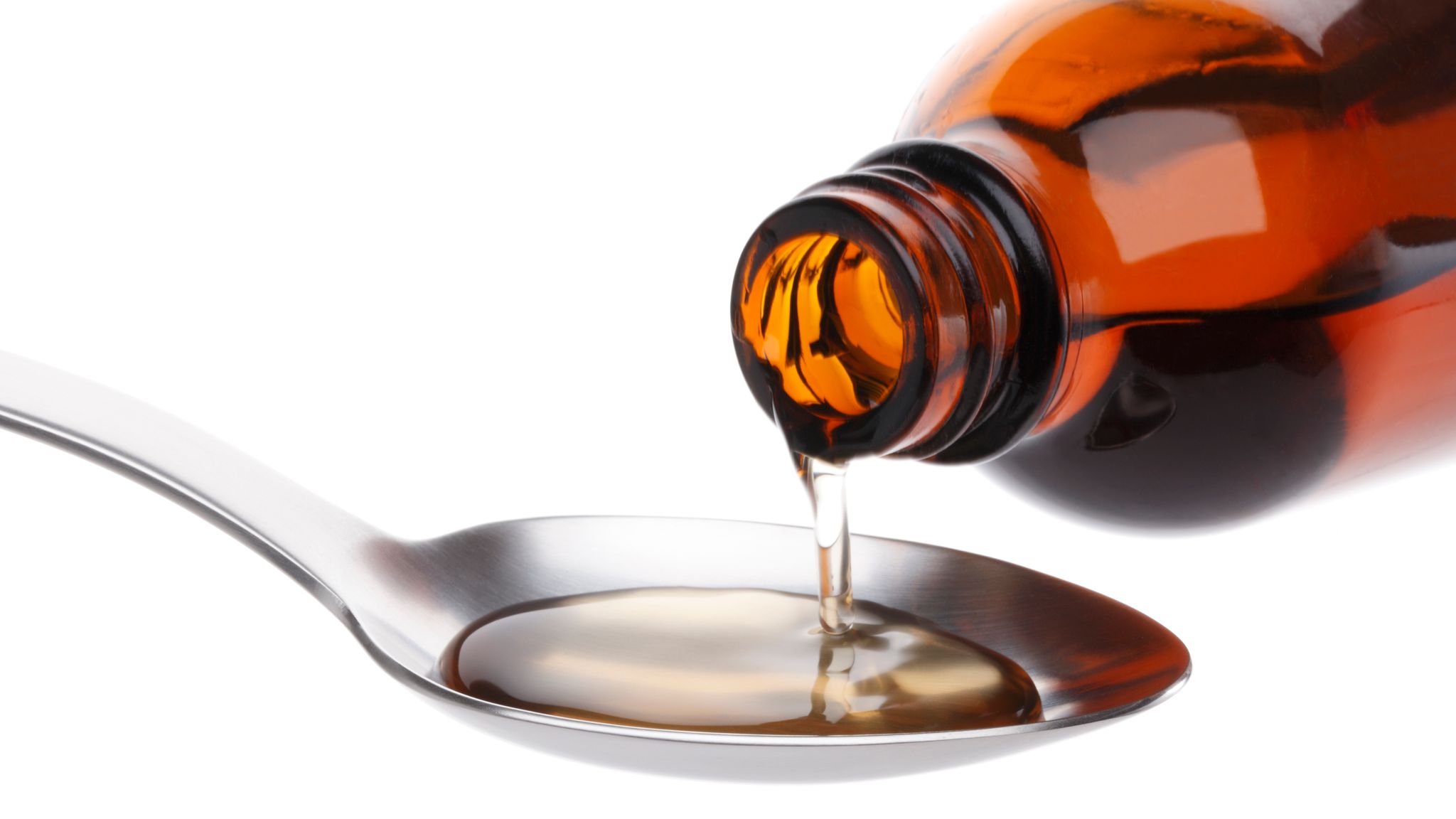Calls for Ukraine
Calls for Europe
Calls for USA
An infusion of the ant tree bark is a drug with pronounced antibacterial, antiviral, antifungal and immunomodulatory properties. It is used as an aid in the treatment of a wide range of diseases, including respiratory infections, bronchial asthma, otitis media, sinusitis, cancer, skin diseases, and others.
An infusion of the ant tree bark is produced as part of personalized medicine. This drug is manufactured piece by piece at the request of patients. Gennady Didenko, a candidate of biological sciences, an immunologist, an oncologist with a long work experience, is engaged in the manufacture of the infusion.

Ant tree is an evergreen plant that grows in the rainforests of South America, which also has the name “lapaho” (Tabebuia impetiginosa). The tree received this name from the local Indians because all the cavities in the core of its branches are inhabited by ants. The healing properties of the bark of this plant have been known for thousands of years. Even the ancient Incas used it for medicinal purposes.
Ant tree is a natural plant antibiotic and broad-spectrum immune corrector. The chemical constituents and active ingredients of Pau D’Arco have been well studied. Back in the 60s, many studies of its properties were carried out.
Antibacterial effect
The antibacterial effect of the ant tree bark is due to lapachol, a compound secreted from the inner layer of the bark. It was first received in 1882. Lapachol exhibits a pronounced immunomodulatory, anti-inflammatory effect, prevents the growth and reproduction of gram-positive and gram-negative microorganisms. In addition, scientists have confirmed that lapachol helps slow down tumor growth and reduce pain during the development of a malignant process.
Antiviral effect
The antiviral activity of the infusion of the ant tree bark is due to its ability to suppress enzymatic processes, without which the multiplication of viruses cannot occur.
Antifungal effect
The antifungal properties of the ant tree bark are associated with the presence of xylodine in it, which, together with lapachol, inhibits the growth of fungi in various organs and tissues.
Antiparasitic effect
The antiparasitic effect of the ant tree bark is expressed in the ability to inhibit the reproduction and development of intracellular parasites.
Immunomodulatory effect
Immuno-corrective properties allow the use of this unique plant in allergic and autoimmune processes in the body, without fear of their exacerbation. It increases the nonspecific resistance of the body, enhancing the mechanisms of cellular and humoral immunity. The infusion can be used as an adjuvant in oncological diseases, since it reduces the level of immunosuppression that occurs during traditional therapy.
The drug has a positive effect on:

An infusion of the ant tree bark should be taken 1 teaspoon 3 times a day 10-15 minutes before meals or 1 tablespoon before bedtime. Before use, be sure to consult a doctor.
An infusion of the bark of the ant tree can reduce blood clotting. Therefore, it is not recommended to take it 2 weeks before and 2 weeks after surgery.
Sign up for a procedure treatment with infusion of the ant tree bark
Fill in your details and our medical coordinator will contact you for a consultation
Pay for the ProcedureContraindications and side effects of the infusion of the bark of the ant tree have not been identified.
I am abroad, can I buy Ant Tree Bark Infusion?
Yes. MedTour company will help you purchase and send the drug (observing all the necessary storage and transportation conditions) to anywhere in the world.
I want to buy an infusion of the ant tree bark, is it sold in pharmacies?
No. An infusion of the ant tree bark is not a serial preparation. It is manufactured in the laboratory at the customer’s request. To purchase it, you need to contact the medical coordinator of the MedTour company by phone or using the feedback form.
What is in the bark of an ant tree?
The composition of the tincture includes an alcoholic extract of the ant tree bark: the bark of the ant tree and 40% ethyl alcohol in a ratio (1:5).
Is it possible to take the ant tree bark for cancer?
One of the most well-known effects of the ant tree bark extract is its ability to fight cancer and relieve pain associated with the development of a malignant process. A study conducted by the Dana-Farber Cancer Institute in Boston showed that beta-lapachone (an active substance found in the bark of the ant tree) is recommended to be combined with cancer chemotherapy, especially when it comes to treating prostate cancer.
Animal studies have proven that beta-lapachone kills cancer cells. This potent compound caused the death of cancer cells without any significant side effects.
A 2005 study published in Oncology Reports found that lapachol (another active substance present in the bark of the ant tree) has great potential in the fight against metastasis, that is, the spread of cancer cells to other organs and tissues.
What useful substances are contained in the infusion of the ant tree bark?
The infusion contains:
Another powerful element of the infusion is selenium. It is an antioxidant that scavenges free radicals that damage cells and cause disease.
Selenium is an extremely important mineral for the human body. It boosts immunity, neutralizes the action of free radicals, reduces inflammation and activates metabolism.
A study by the Faculty of Health and Medical Sciences at the University of Surrey found that high intakes of naturally occurring selenium have positive antiviral effects, play an important role in supporting female and male fertility, and reduce the risk of cancer, autoimmune disease, and thyroid disease. Low selenium levels are associated with reduced immunity and cognitive function.
We are always happy to help you. Write your question by filling out the form. We are happy to answer all your questions.
Please rate the work of MedTour
